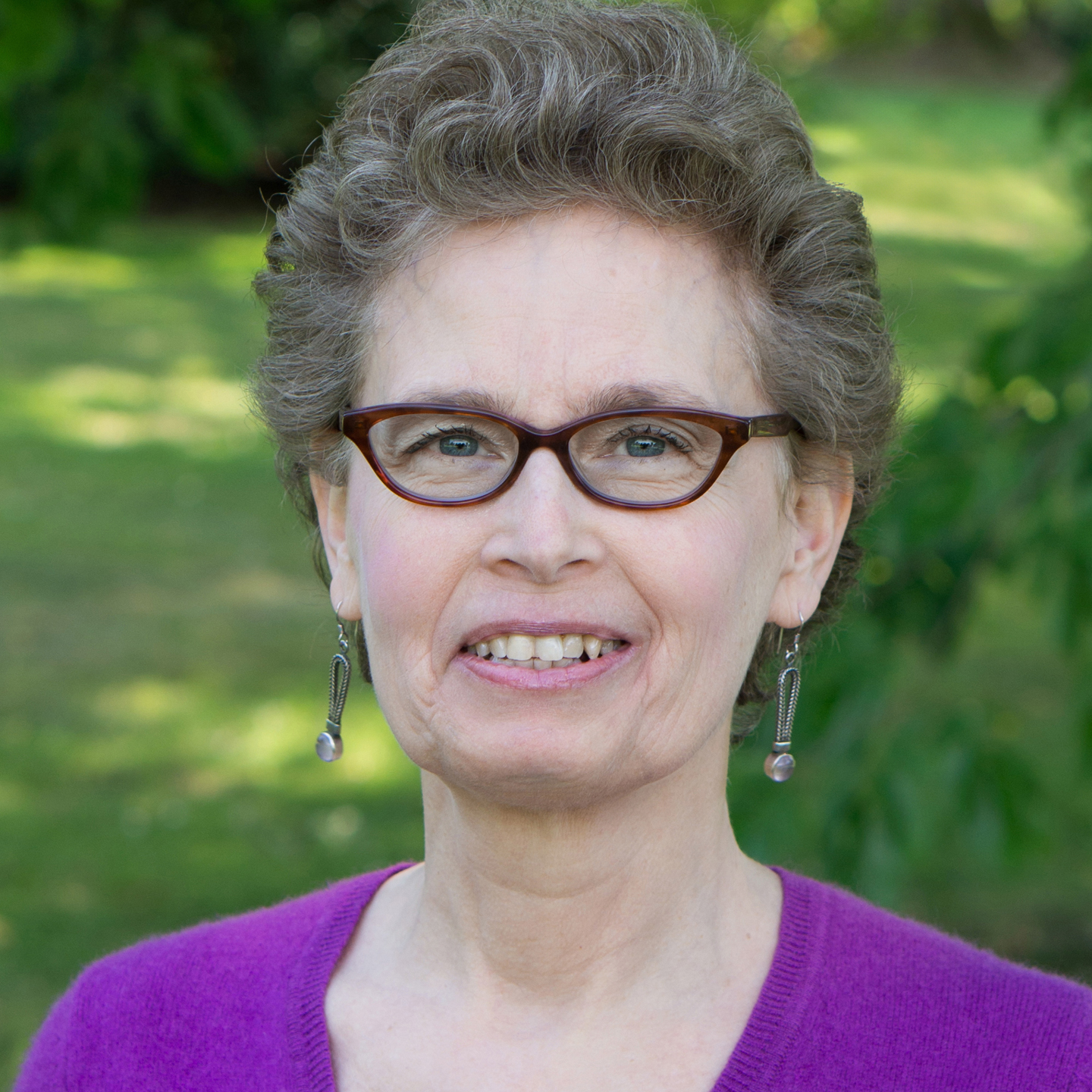Back in the fourteenth century, the beloved Kashmiri mystic poet Lalla wrote about the challenge of being authentically human in the face of ego. These poems of hers I’ll share with you are for inspiration and teaching, as relevant now as 700 years ago.
Our inner essence or soul’s authenticity is what makes us human. But here in the twenty-first century, more than ever, the scrambles of the day, too much screen time, and personal, social, and climate stresses push us in ways that build up our egoic defenses. And those defenses tend to block our inner essence.
You have a unique essence or soul that is the secret to being fully, genuinely yourself. Our soul’s authenticity is naturally limited by our ego, which includes our normal sense of self and unquestioned beliefs, unconscious fears, and constricting habits. Simply put, our ego is a false self that tricks us into thinking that’s all we are.
Imagine a light bulb. Now let’s say the light of the light bulb is your unique essence—shining forth freely, authentically, dynamically, without limit. And then, let’s say the glass of the light bulb represents your ego. We start out as babies with clear glass, innocent and free of most habitual patterns, our light freely shining.
But over time, our light bulb naturally gets patterned, marked, and encrusted in various ways, depending on our life experience. Then, gradually we lose touch with our soul, or inner personal essence that is always free, pure, and authentic. So we forget how to be genuine and spontaneous. And we end up believing we are the patterns encrusting the light bulb instead of the light itself.
How to be authentic: solving a universal dilemma
Then when we finally decide we want to get back in touch with our soul and try to remove the grime, we find it’s pretty stuck on. Have you ever been frustrated in your attempts to change a habit or change yourself? Lalla writes of this universal human dilemma:
What has happened to me?
All these songs tell one story:
that of Lalla on a lake, not knowing
what sandbar I’ll run aground on.
“What has happened to me?” Lalla asks. How did I get caught up in my ego? “All these songs,”– all these stories I tell myself amount to the same story. Instead of light and an encrusted light bulb, Lalla’s metaphor is of a lake and a sandbar. A lake is a beautiful soul metaphor—water is fluid, dynamic, flowing, and free, thus reminding us of our soul’s infinite potential.
Lalla laments running aground on the sandbar—her stuck ego self. In this way, she loses the spacious freedom of the lake. Running aground on the sandbar is a trap. But it’s also a trap to believe our ego is solid and secure. After all, the lake both creates and melts the sandbar. In other words, without our authentic essence, we are no more than a pile of loose sand.
Lalla goes on in the same poem:
What kind of luck have I had?
I made harmony out of a man’s clumsy
plastering job on the ceiling.
Still I wonder which sandbank will strand me.
And how is it now with me?
Magnificent, this becoming
more and more awake. (p. 23)
Again Lalla asks herself, “What kind of luck have I had” in remembering the lake is my authentic soul self vs. running aground on the sandbar of my false self?
“I made harmony out of a man’s clumsy plastering job on the ceiling,” introduces a new metaphor—reinforcing how she’s faced her difficulties and limitations, yet, even so, finds harmony.
When Lalla reflects, “Still I wonder which sandbank will strand me,” she’s acknowledging that the freedom of the lake isn’t a permanent state. But she wants to come back to the lake, so she asks a key question: “And how is it now with me?”
Whenever we ask, “How is it now with me?” we open to the present moment—the only moment where we can be truly awake. That means we can be fully in touch with our inner light, our lake nature and we can also see the sandbar with fresh eyes—that is, whatever might be impeding our authenticity.
“Magnificent this becoming more and more awake.” Lalla ends her poem with gratitude.
How meditation nourishes authenticity
These next two Lalla poems are about the importance of meditation practice for freeing our authenticity.
Meditate, and grow humble.
Watch anger and wanting
turn to ashes.
Study the ground, Lalla,
as a sign of attainment. (p. 57)
“Meditate and grow humble.” By definition, meditation means focussing on the still space that our egoic mind distracts us from. Here, humble is a healthy humility that puts us back in touch with our authenticity. Naturally egos can never be truly humble because egos are designed to recreate themselves, and to continue their grooves. But the stillness of meditation automatically brings humility as ego dissolves, even temporarily awakening us. Meditating helps us cultivate the qualities that turn egos to ashes—qualities like presence, stillness, and equanimity.
“Study the ground,” has two meanings. Firstly, the physical ground where we plant our feet can bring us more into the moment. Secondly, the inner ground of being – that sacred space we find in meditation. Both meanings support the attainment—the gift of ego dissolution and increasing in-touchness with our soul’s authenticity. Learn more about breath and meditation.
Amplify your meditation with inquiry
Here’s another poem about practice:
There are some demons dangerous
to our soul: lust, anger.
But there’s a way to kill them.
Feed them meditation only,
and clear awareness, and you’ll see
the illusion of what they control. (p. 70)
Lalla says, “feed them meditation only.” But I want to expand on this line because there are many ways to meditate and we usually need more than meditation to “kill” the dangerous demons that haunt us. Kinds of meditation include: sitting and walking meditation, yoga, dance, and sacred chanting. Also you can add intention and presence or mindfulness to anything you do regularly to make it a meditation. For example, every morning, I do my Pilates home routine as a meditation. With intention, you can make jogging or cutting vegetables a meditation.
Ego is sneaky. Unfortunately, by relying only on meditation, ego can hide while you meditate but continue on as normal when you go about your day. What more than meditation can we do to recover our authenticity?
A practice I find indispensable that I wrote about here is Diamond Approach® inquiry—a wonderful method of bringing curiosity, empathy, and understanding to our experience as it’s arising.
With inquiry practice we can embrace and dissolve the dangerous demons and any other aspects of our ego that are blocking our full potential. With inquiry, we can also expand into deeper states of authentic presence, loving kindness, and all the qualities of true being. And we can do inquiry anytime throughout the day.
Stay here to find your authentic self
Lalla inspires us to embark on the beautiful journey of authentic soul work:
Ascetics wander shrine to shrine,
looking for what can only come
from visiting the soul.
Study the mystery you embody.
When you look from that,
the dub grass* looks fresher
a little ways off, and even more
green farther on. Stay here. (p. 62)
*dub grass is a perennial herb of India with medicinal properties
“Ascetics wander shrine to shrine, looking for what can only come
from visiting the soul.” Just like shoppers wander from store to store looking for fulfillment from external things. So it’s important, when you go to a spiritual workshop or receive a teaching to use what you gleaned to “study the mystery you embody,” that is your soul. “Stay here” with who you are now and see what treasures emerge.
Offering our unique gifts to the world
This last Lalla poem is about service and how others may benefit from the fruits of our practice. Here Lalla invites us surrender to the God within. But you can substitute your own word for God—the Mystery, Goddess, Creator, Unity, or some other signifier.
Whatever I do, the responsibility is mine,
but like one who plants an orchard,
what comes of what I do, the fruit,
will be for others.
I offer the actions of this life
to the God within,
and wherever I go, the way is blessed. (p. 48)
The responsibility for the orchard represents how responsibly we choose to live our lives, with as much truth and integrity to ourselves in community, as possible. In this way, expressing our authentic soul self is tantamount to us each expressing our uniqueness. We are the fruit. Offering our actions to the God within is not about negating who we are. Rather, it’s about being more fully authentic without being run by ego distortions. And as our egos soften, we naturally become less self-centered and more open to blessings and grace.
All poems quoted from: Naked Song by Lalla, translations by Coleman Barks.




